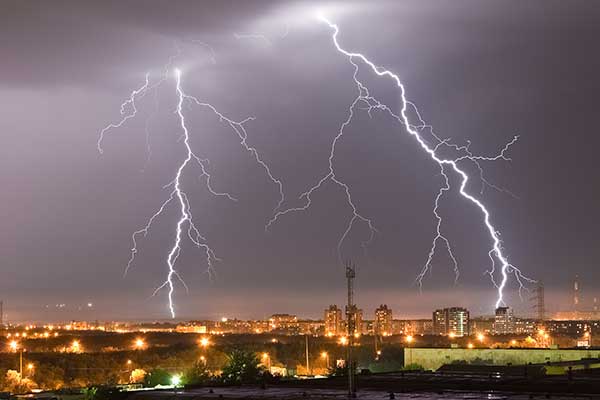Resilience First election manifesto
#JointheDebate @ResilienceFirst
As the United Kingdom heads towards a momentous General Election vote on 12 December, with all parties laying out their spending plans, Resilience First has published its first ever election manifesto. In the manifesto we set out eight key ‘asks’ of the new government to build a more resilient and, therefore, safer and more prosperous UK.
1. Build national resilience across sectors
It is vital that the government takes a more holistic and joined-up approach to building national resilience across, rather than just within, different sectors, allowing and encouraging organisations to work more collaboratively together. This is one of the findings of the scoping study into the resilience of the UK’s infrastructure carried out by the National Infrastructure Commission.
2. Resilience and emergency planning at local authority level
The Grenfell Tower disaster exposed the gaps that now exist in civil contingency planning at local level, following years of under investment, with the resulting delay and inadequate response badly letting down the victims. Government must urgently address this situation with new funding for resilience and emergency planning at local authority level.
3. Civil Contingencies Act 2004 – A role for businesses
The government should revisit the Civil Contingencies Act 2004 to include a specific role for wider business in responding to major disasters alongside public bodies and utilities. In particular, this should include more businesses connected with the sustainability of the national infrastructure.
4. Re-open the 2008 Pitt Review
Following recent flooding events, the government should re-open the 2008 Pitt Review to consider what recommendations remain outstanding and what revised recommendations are needed now that the frequency of such events has clearly increased in the wake of the climate emergency.
5. Improve contingency planning
In the light of recent major incidents that have been described as 1-in-100-year events, such as flooding and electricity grid failure, the government must move away from an outdated historical trend analysis methodology to contingency planning towards an approach that better accommodates the possibility of unexpected events.
6. Increase the resilience of communities
With the transition to a low-carbon economy and the decentralisation of power generation, we urge the government to increase the resilience of communities so that they are better prepared to respond to power interruptions, including actions to recover from a total or partial shutdown of the transmission system (i.e. a ‘Black Sky’ event).
7. Tackle mental health and well-being of individuals affected by major incidents
Well-being is an under-rated contributor to personal, community, business and national resilience. Government should pay more attention to the mental health and well-being of individuals affected by major incidents and commission a study into their impact and how this can be mitigated both before and after such events.
8. Extend the protect duty
The Manchester Arena bombing was one such event, which has led to the Martyn’s Law proposal to extend the protective duty to entertainment and sporting venues by requiring them to assess the risk of an attack and put appropriate measure in place. The government should urgently consult with business on how this proposal could be practically implemented.
For further reading, please visit our Knowledge Hub.



